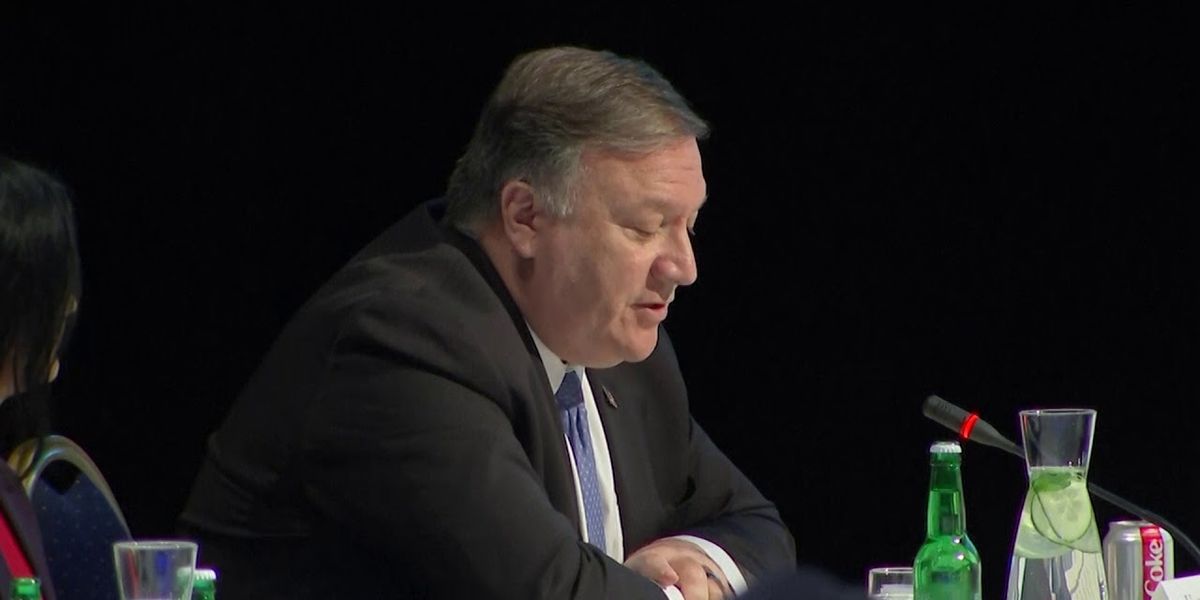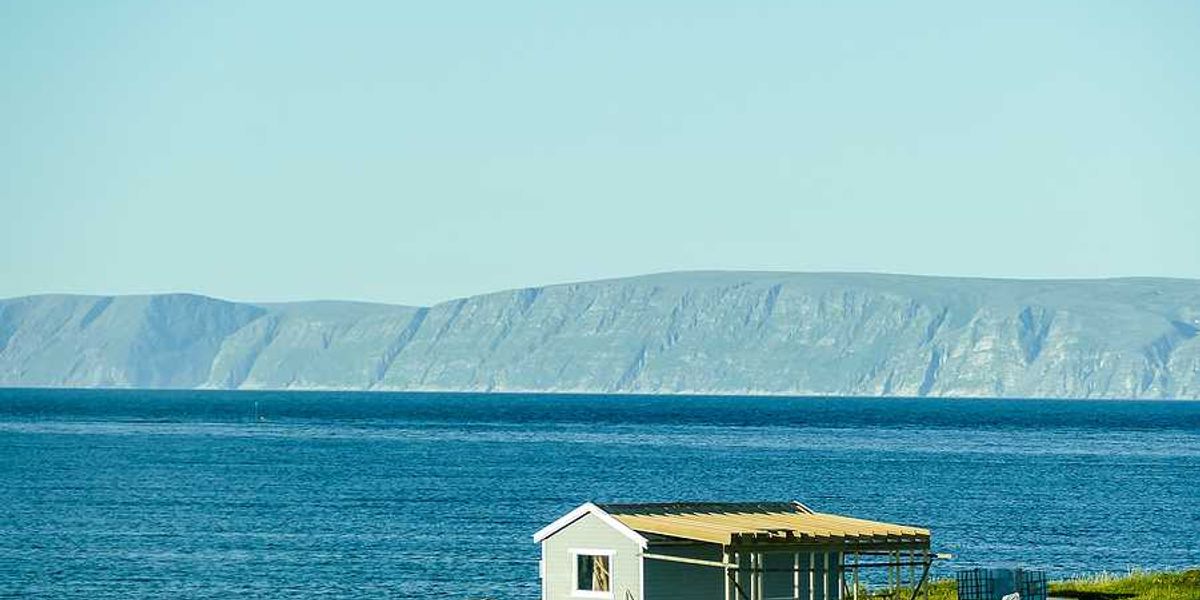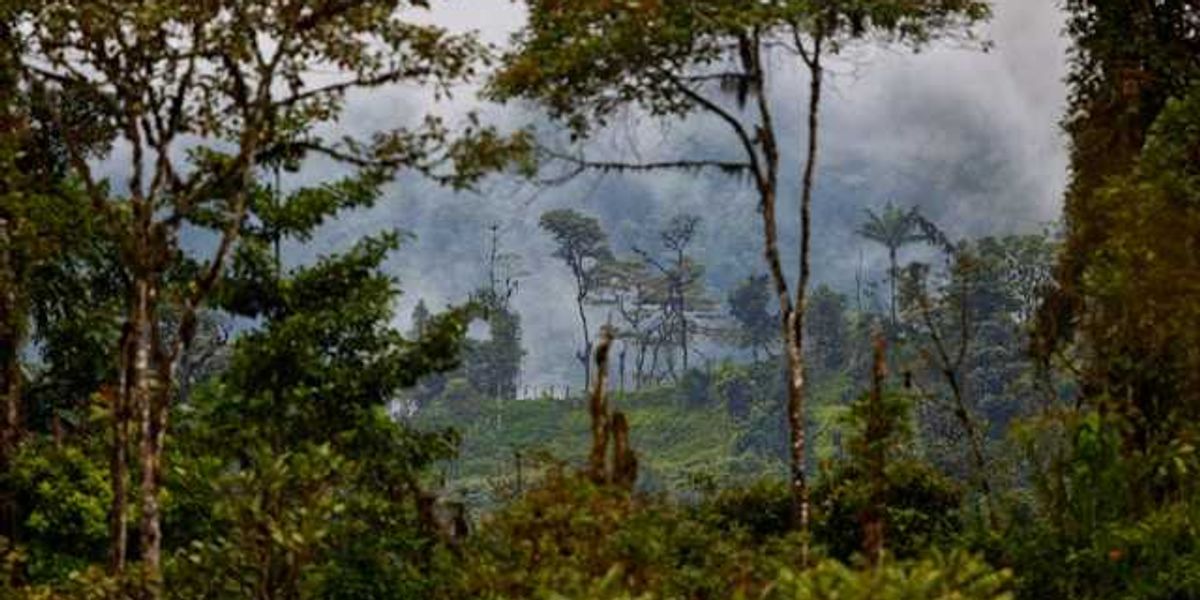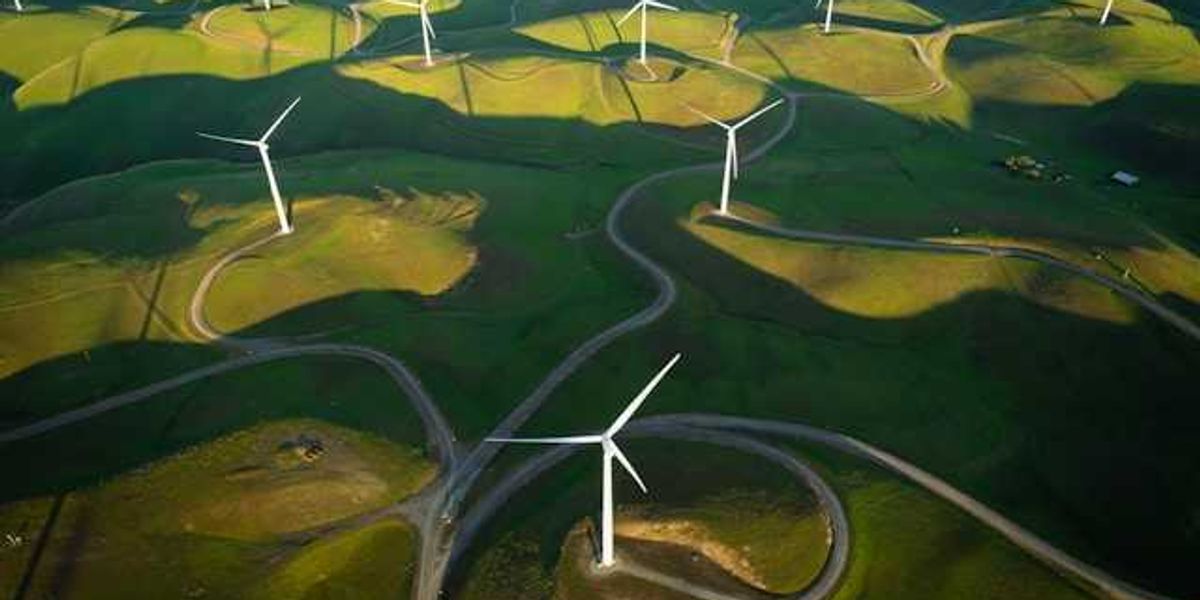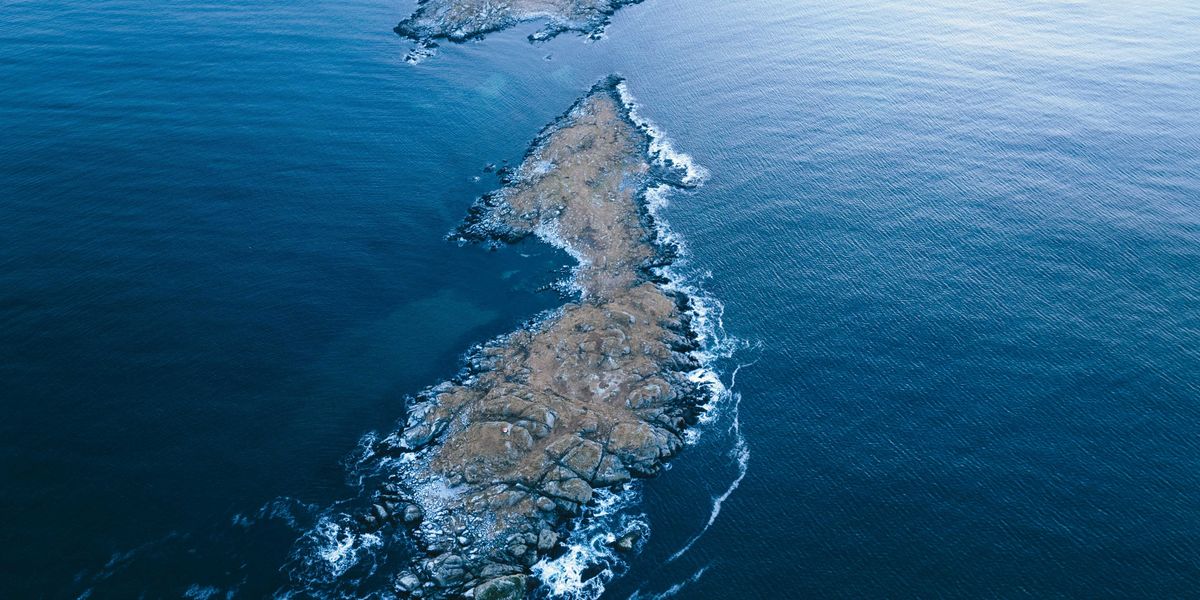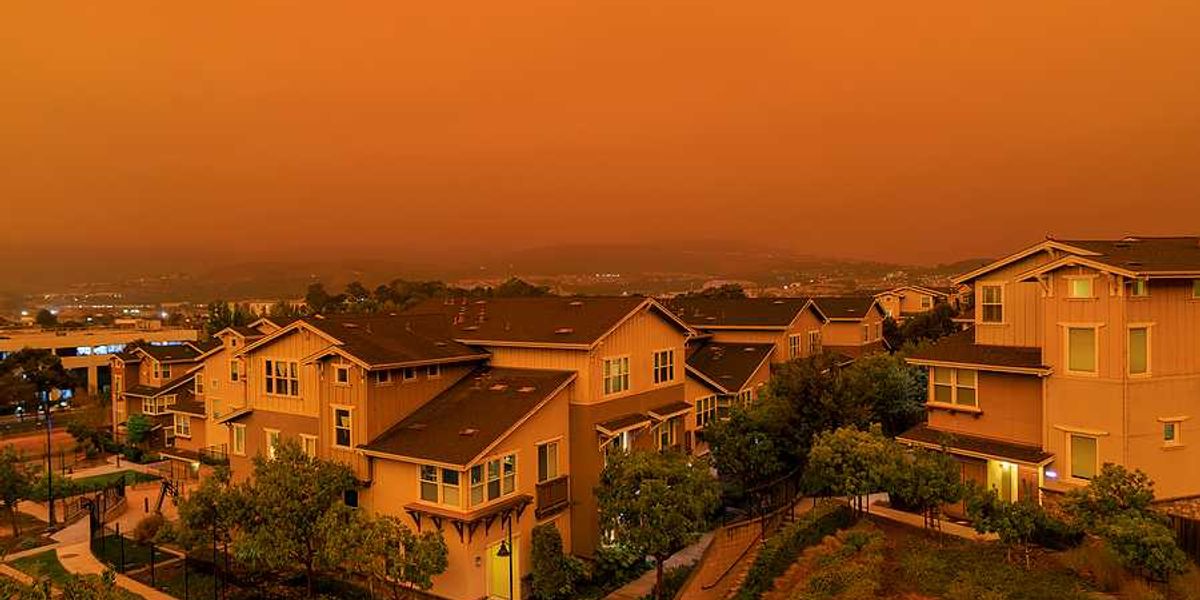Peter Dykstra: We have a winner (loser?)
In the sweepstakes to find the dumbest climate- or environment-related utterance by the Trump Administration, it's Mike Pompeo for the win.
In an administration loaded with thoroughbred climate deniers, Secretary of State Mike Pompeo took a novel approach to say the gobsmackingly dumbest thing about the climate crisis yet.
He acknowledged one of the major consequences of climate change, then slathered a planet's worth of lipstick on this particular pig.
Without actually uttering the "c" word, Pompeo told a gathering of the Arctic Council last week, "Steady reductions in sea ice are opening new passageways and new opportunities for trade. This could potentially slash the time it takes to travel between Asia and the West by as much as 20 days. Arctic sea lanes … could [become] the 21st Century Suez and Panama Canals."
What?? This marries the effete denialism of let them eat cake with the cheap grifters' trick of two 10s for a five.
Two other remarkable things came from this vacuous statement. By all news reports, the Arctic Council delegates received Mr. Pompeo with uncommon politeness. And save for a few on-the-scene dispatches, the news got buried under the daily load of a dozen other Trump-related absurdities.
Pompeo is eager to get at the Arctic's resources, without a glimmer of acknowledgement that the competition up there, particularly with the Russians, is a potential new global security flashpoint. Or that the plundering of melting poles will be an opportunity for modern man to run the table on ecological plunder. Or that the loss of Arctic ice could unleash a chain reaction of wind, weather, and current changes that could theoretically put Europe in a deep freeze while warming, drying, and burning other parts of the northern hemisphere. Or that the melting of land-based ice atop Greenland and elsewhere could submerge coastal populations from Myanmar to Mar-a-Lago.
This isn't honest political dissent. It's suicidal. Stupid. Blissfully vacant. And for Americans, deeply embarrassing. And it's not overkill to point out that prior to his ascent in the Trump regime, Pompeo was the home Congressman for the Wichita-based Koch Brothers.
Pompeo's turn as Marie Antoinette harkens back to a 1990 global climate conference where J.D. Spradley, a U.S. delegate on loan from his day job as an oil lobbyist, dropped some knowledge on his concerned colleagues from Bangladesh. "The situation is not a disaster; it is merely a change. The area won't have disappeared; it will just be underwater. Where you now have cows, you will have fish."
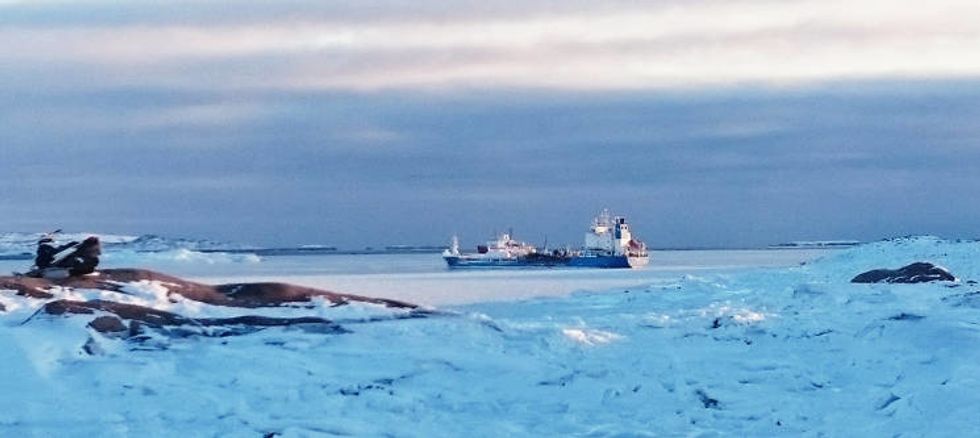
The notion of undermining the torrent of climate science with faint praise wasn't exclusive to Spradley, either. A coal industry front group, the Global Climate Coalition, produced a half-hour documentary, The Greening of Planet Earth, in 1992. It's a big-brained look at how drastic increases in atmospheric CO2 could bring us a bounty of farm crops – and maybe even permit the citizens of Winnipeg to stay home for Spring Break.
Intensive agricultural areas like south central Florida would prosper (except that non-quackery science tells us that south central Florida will be under several feet of salt water.)
It's deeply disturbing to know that such screaming ignorance has worked its way up the ladder from fringe nonprofits and a rank-and-file delegate to Secretary of State, even as the climate crisis deepened and the on-the-ground evidence mounted under Pompeo's clueless nose. NOAA reported this week that May 2018 to April 2019 were the wettest 12 months in recorded history in the U.S, and a stunning United Nations report projected a million-species march into extinction due to climate change and other modern pressures.
It's even worse to know that we were better off two years ago, when our chief diplomat was the guy from ExxonMobil.
The world cannot meaningfully address climate change without assertive U.S. leadership, let alone having the U.S. pull in the opposite direction.
I'm not a big fan of placing an expiration date on Earth – 12 years, or anything else – but if the gentleman from Kochland is laying out America's path for the third decade of the 21st Century, we're deeply screwed.

